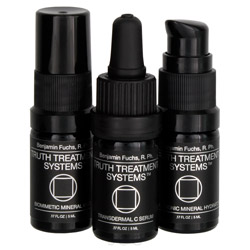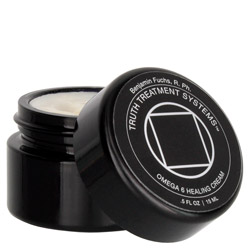2024 (8)
Waterless Products
Water is usually the first thing you see on the ingredients list of most of your skincare and personal care products. Since ingredient lists are arranged in descending order, this means that there is more water in the product than any other ingredient. The world faces a looming water shortage. It's estimated that nearly ten percent of the world's population does not have access to clean and safe water. Many big beauty companies are now recognizing the importance of scaling back on water usage, with many of them taking the lead to pledge a decrease in water usage in the coming years. For example: Cosmetics giant L'Oreal has committed to a 60 percent reduction in water consumption per finished product by 2020 (from a 2005 baseline), while Unilever (makers of many soaps and shampoo brands) is committing to halve the water associated with the consumer use of its products by 2020 (against a baseline of 2010).
More and more beauty product manufacturers are developing water-free (or nearly water-free) products. Waterless products come with less packaging and a lower shipping weight. They also don't "go off" so there's less wastage. Items like solid bars instead of shower gels, dry face masks, shampoo bars, moisturizing sticks are showing up more and more.
Is it truly "Waterless"?
It may be impossible for any beauty formulation to be truly waterless. The water required to grow raw ingredients, process, ship, use and dispose of any of your cleansers and scrubs may far outweigh any water savings gained from excluding water in the formulation itself. Just because a product doesn't contain a high concentration of water doesn't necessarily mean that it didn't require the usage of a large amount of water in its manufacturing process. And since most products contain dozens of extracts and chemicals, it might be difficult to tell how much water is actually used by the companies to make them.
What advantages, besides saving water, do waterless products provide?
We all know that products with high water content are perfect breeding grounds for bacteria. This is why there is a need for preservatives to help keep skincare formulas stable and safe even after months after opening. Now, imagine if your skincare products are completely free of water. This means that the use of preservatives will be completely eliminated, leaving you with cleaner, non-toxic products to use with peace of mind. Plus, who doesn't find it a pain to transfer products to TSA approved sizes when you travel? If you're using solid perfumes instead of packing travel-sized vials of fragrances, and swapping out cream masks for a dry sheet mask, traveling will be so much easier.

 write a review
write a review

 write a review
write a review
